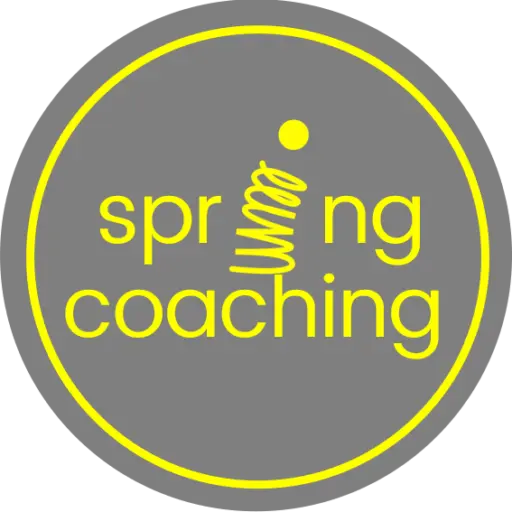Josie Askin, guest expert contributor for Chartered Accountants October 22, 2021
How to manage your wellbeing during the tax cycle
Find out why an accountancy mindset may be eroding your wellbeing and what you can do to unlock better performance.
IN BRIEF
- Putting wellbeing first paves the way for high performance.
- Wellbeing requires attention to three pillars: mindset, movement and nutrition.
- The ‘power of small steps’ encourages making daily, incremental changes to how you think, move and eat.
I distinctly recall May 2019 when the New Zealand government released its first Wellbeing Budget alongside the Budget Policy Statement. This wellbeing approach recognised that quality of life, health and wellbeing are broader than financials alone. As a performance, productivity and wellbeing coach, this was music to my ears.
Putting wellbeing first paves the way for high performance.
The saying that nothing acts in isolation is particularly appropriate in the field of workplace and performance wellbeing.
As trusted financial advisers, accountants are often the first responders to a business crisis. Given you shoulder this considerable responsibility it’s little wonder that some of the highest incidences of anxiety conditions are found among those in the financial and insurance services.
So, who are you? You can handle demanding deadlines, while also being methodical and analytical. You may thrive on the cycle of pressure that the end of financial year brings.
But this mindset can lead to burnout and erode the integrity of your biggest investment – your health and wellbeing. So how can you protect that investment?
One of my favourite mantras is: stress + rest = growth. This formula for sustainable high performance applies just as well in the workplace as on the running track. Optimal performance only comes from oscillating between bursts of high performance then rest and recovery.
“Optimal performance only comes from oscillating between bursts of high performance then rest and recovery.” — Josie Askin
Are you building your wellbeing with the cyclical approach that your profession demands? Or do you frequently feel out of control, like a “puppet in your own life” as one of my clients put it?
The power of small steps for wellbeing
Even if you are following cyclical work and rest advice, simple tactics to manage the end of the tax year and other intense patches will have a positive impact on your health and ability to cope overall.
Wellbeing requires attention to the three pillars of wellness: mindset, movement and nutrition. So I use an approach I call ‘the power of small steps’ which looks at making daily, incremental changes to how you think, move and eat.
- Snack on movement in 2-3 minute bursts of activity such as taking the stairs, stretching regularly, doing calf raises while the kettle is boiling or while you’re waiting for something to download. These really do offer proven health benefits.
- During stressful moments do shoulder lifts in your office chair: take a deep inhale drawing your shoulders up to your ears and then drop them as low as you can. Repeat.
- Create a drinking habit with water. Try a glass of water at the start of every meeting or phone call and with every cup of coffee or tea. (An added bonus is that your movement snacks will increase as you make more frequent trips to the bathroom.)
- Start a new day slowly and intentionally. Savour the first sip of your morning coffee using all of your senses – sight, smell, touch and taste.
- Eat mindfully. Being present and slowing down when you eat reduces stress eating, bingeing and bloating, improves digestion and helps with weight loss.
- Eat without distraction – if you have to eat at your desk turn away from the computer screen and put your phone away in a drawer.
- Create small but fulfilling rewards for sections of completed work. This is an incredible motivator when the going gets tough and is based on breaking commitments down into smaller parts to reveal progress.
- Try out US Marine-style box-breathing: inhale deeply for four seconds, hold for four, exhale for four, and then pause for four, before repeating until you fall asleep.
- Do a digital detox before bed. Use the wellbeing functions on your devices by setting a “do not disturb” mode 30 minutes before bed, to stop notifications and reduce glare. Better yet, switch the phone off altogether and read a book.

